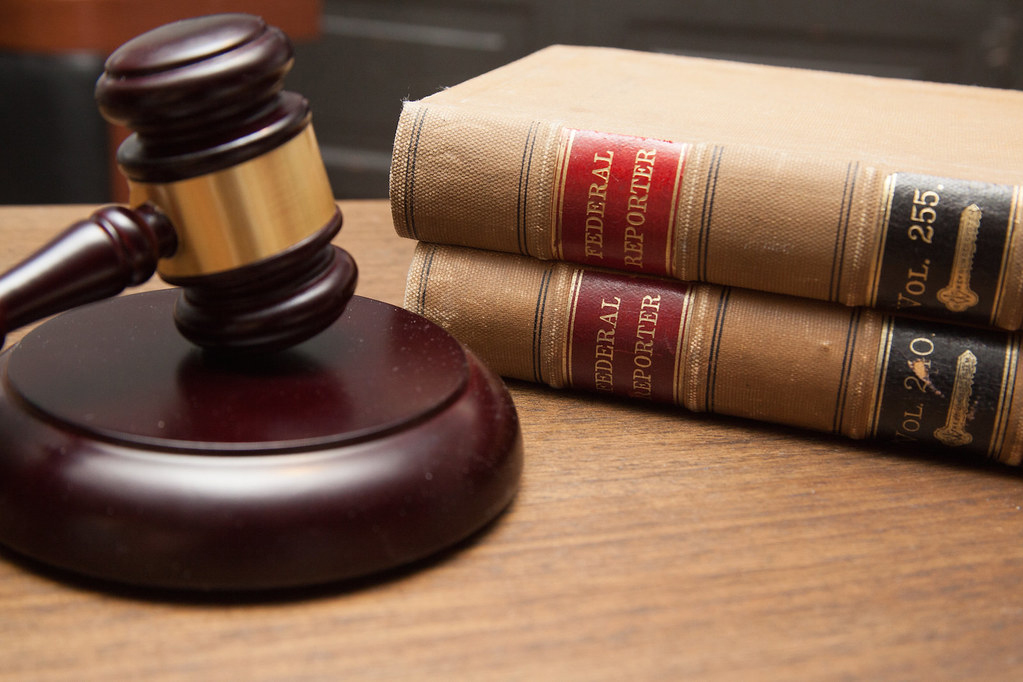What is the Anti-Terror Bill?
According to House committee on public order and safety panel Narcisco Bravo, House Bill (HB) No. 6875, or the Anti-Terrorism Act of 2020, aims to protect “Filipino citizens from atrocious attacks” and stop the country from being a “haven for extremists.”
He said, “We have certain provisions to empower our law enforcers to apprehend the terrorists before they could cause grave harm to the public, which would ensure that they are convicted. The threat of terrorism in the Philippines is real. It is growing rapidly.”
Section 4 of the bill defines the following as terrorism:
- Engaging in acts intended to cause death or serious bodily injury to any person or endangers a person’s life
- Engaging in acts intended to cause extensive damage or destruction to a government or public facility, public place, or private property
- Engaging in acts intended to cause extensive interference with, damage, or destruction to critical infrastructure
- Developing, manufacturing, possessing, acquiring, transporting, supplying, or using weapons
- Releasing dangerous substances or causing fire, floods or explosions when the purpose of such act, by its nature and context, is to intimidate the general public, create an atmosphere to spread a message of fear, provoke or influence by intimidation the government or any international organization, or seriously destabilize or destroy the fundamental political, economic, or social structures in the country, or create a public emergency or seriously undermine public safety
Under the bill, a person suspected of the above items can be detained without a warrant of arrest for 14 days, extendable by 10 more days. They can also be placed under surveillance for 60 days, extendable by 30 more days. These are done by the police or military.
Those who have been found guilty will be given the penalty of life imprisonment without the benefit of parole. Anyone who threatens to commit any of the acts will be given the penalty of imprisonment of 12 years.
Meanwhile, Section 29 states that an Anti-Terror Council (ACT) made up of top Cabinet officials can order the arrest of people it has designated to be terrorists. These functions are otherwise reserved for courts.
What are critics saying?
However, critics have spoken up about the Anti-Terror Bill. According to the National Union of Journalists in the Philippines, “These clearly violate the Constitution’s guarantee to due process and constitutes a usurpation of judicial power. Worse, this bill would worsen the impunity with which many of our laws and rights are violated by the very ones sworn to protect and uphold these by doing away with the stiff penalties intended to prevent any abuse of this legislation’s most draconian measure, the extrajudicial arrest, and detention of suspects.”
Deputy Minority Leader Jose Christopher Belmonte also said, “Of course there is a presumption of good faith, but we are enshrining laws for the long term…. Puwedeng-puwedeng ma-abuse ito (This can easily be abused), not just by the state forces but also by well-meaning politicians like you and me.”
He added, “Tama hong proteksyunan natin ang mamamayan natin [laban sa] terrorism. Pero hindi po puwede na habang pinoproteksyunan natin ang ating mamamayan, tinatapakan natin ang ating fundamental human rights and ‘yung civil and political rights as laid out in our Constitution, in the laws, and jurisprudence.”
[“It’s right that we should protect our citizens against terrorism. But it’s not possible for us protect them while stepping on our fundamental human rights, and civil and political rights as laid out in our Constitution, in the laws, and jurisprudence.”]
What is the government saying?
According to Presidential Spokesperson Harry Roque in an interview with ANC, critics “are [over-interpreting]! Because the right to strike, again, is protected by the Constitution.”
He added, “When we talk about possibilities, it’s unlimited. But that’s precisely why we have the Bill of Rights. The Bill of Rights limits the extent that Congress can provide for conduct and if it infringes on the minimum standards set by the Bill of the Rights, it will certainly be declared unconstitutional by the courts.”
On fears that the bill could infringe on the freedom of expression, Roque said, “despite the law, the Constitution remains as the fundamental guarantee of freedom of expression and the entire jurisprudence that has grown from the constitutional provision on freedom of expression.”
Roque also mentioned, “In case a law is misused, then you can resort to a writ of amparo which we did not have before if a person is arrested with absolutely no basis. In case you fail to file the necessary information beyond the period stipulated by the law or even during the period stipulated in the law, but you challenge the legal basis or factual basis for it, you can still go to court.”
What is the latest update?
House members have approved the bill on its second reading. If the bill is passed on the third reading, the bill would skip bicameral conference committee hearings, and will go straight to the bicam to consolidate both bills into one report. The House and the Senate will ratify it separately, then be sent to Malacanang for the signature of President Rodrigo Duterte. The president has marked the bill urgent.
What do you think? Share your thoughts below!
Do you have a story for the WhenInManila.com Team? Email us at story.wheninmanila@gmail.com or send us a direct message at WhenInManila.com Facebook Page. Interact with the team and join the WhenInManila.com Community at WIM Squad. Join our Viber group to be updated with the latest news!





